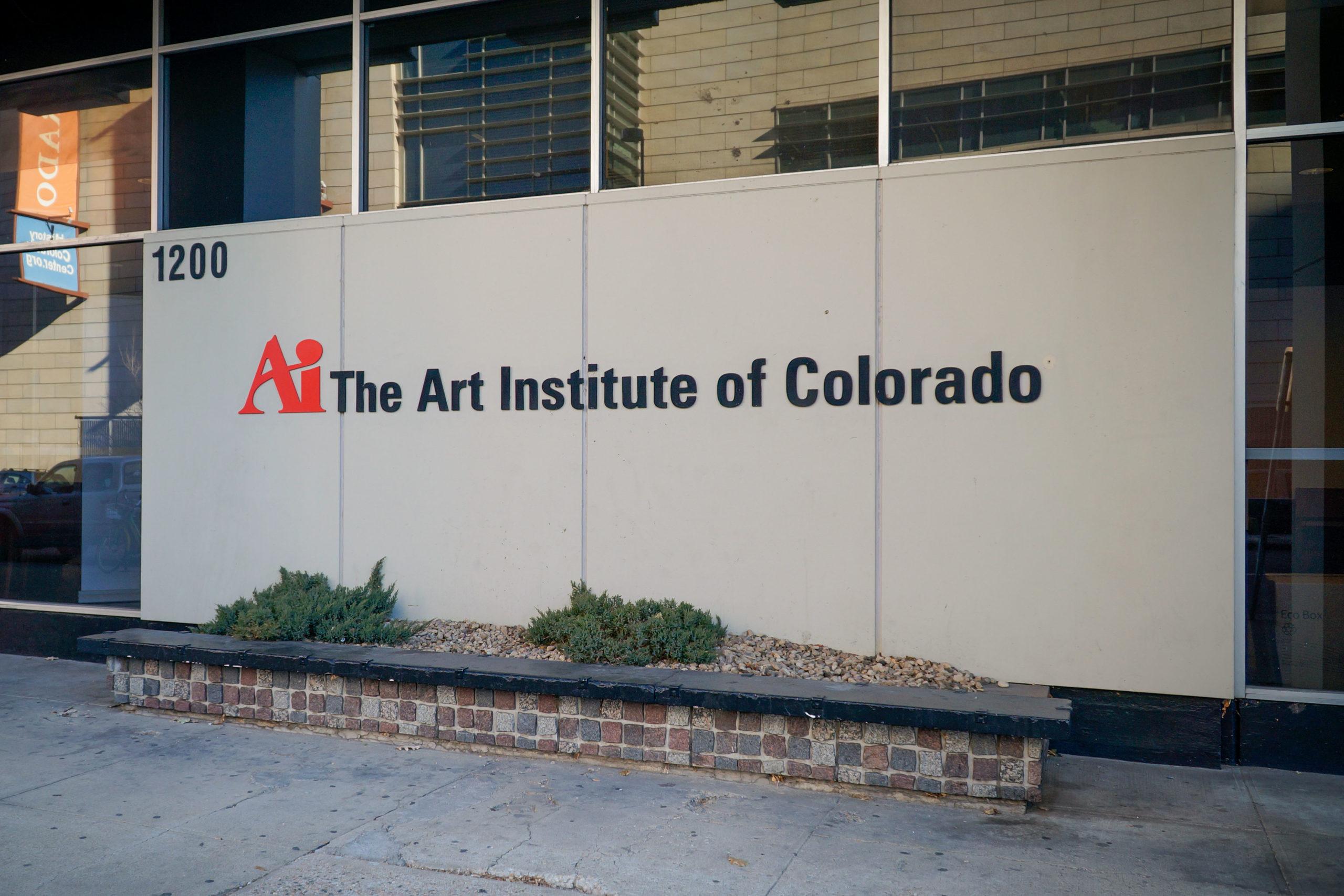
The federal Department of Education has agreed to expand student loan forgiveness for those who attended now-defunct Art Institute schools in Colorado and Illinois. And that's on top of what they’ve already done.
Last November, Education Secretary Betsy DeVos said the department would cancel about $11 million in federal loan student debt for loans taken out between Jan. 20, 2018 and when the Art Institute campuses closed in December of that year. The schools lost their accreditation on Jan. 20, 2018.
At that time, the department also extended eligibility for closed school discharge to June 29, 2018, meaning students enrolled on, and after, that date would be eligible for full relief on their federal loans still owed, as well as a refund of the loans they already paid. Students who are enrolled when an institution closes or withdraw no more than 120 days before a closure are eligible for this kind of loan forgiveness. In November, the department said in a release that that "window can be extended in exceptional circumstances at the discretion of the Secretary."
On Thursday, the department confirmed that it has extended that window to the date that the Colorado and Illinois schools lost their accreditation. In a statement, the department continued to place blame on the schools' accreditation agency, Higher Learning Commission: "Because HLC appears to have violated its own policies and our regulations, and harmed students by claiming these school were unaccredited, the Secretary has used her discretion to extend the look back period for closed school loan discharges to Jan 20, 2018."
In 2018, HLC told CPR News that a status change is common when new ownership takes over and that the agency posts this information publicly online.
Last December, Colorado Sens. Michael Bennet and Cory Gardner requested more action and asked the date of closure be considered the day the schools lost their accreditation. Therefore extending relief so that students would get forgiveness for federal loans taken out even before the schools lost their accreditation. In the letter, also signed by Illinois Democratic Sens. Tammy Duckworth and Dick Durbin, they said the schools “effectively closed” on that day and those students were left with a “worthless” education from non-accredited institutions.
“The students that these institutions defrauded deserve relief, and extending the eligibility period is the right thing to do,” said a statement from Sen. Bennet. “It’s frustrating that the Department of Education has taken this long to bring peace of mind to these students whose lives have essentially been on hold. The department must ensure students receive this relief as quickly as possible.”
The department’s announcement comes before its required response to a class-action lawsuit filed by Student Defense last October. Formerly known as the National Student Legal Defense Network, the group gathered documents that showed the department allowed the distribution of Title IV student aid funds to these schools after they lost accreditation, which is illegal.
“This is a real victory for students who were kept in the dark when these schools lost accreditation,” Student Defense litigation director Eric Rothschild said in a statement. “Expanding the eligibility window back to January means justice for more students.”
Another pending class action lawsuit had been filed at the time of the closures against the schools’ parent company, Dream Center Education Holdings, which claimed the company misled students about the accreditation status.
Who qualifies for relief?
Students who attended Colorado and Illinois Art Institute campuses on, or after, Jan. 20, 2018 are eligible for full relief on their federal student debt or a full refund of any payments they made on the loans they took out to go to the schools. This applies to both student and parent borrowers.
Borrowers must apply for a closed school discharge.
This is who doesn’t qualify
Relief does not cover students who graduated from the schools or who transferred into programs at other schools.
Alex Elson, a senior counsel at Student Defense, wants to get the message to borrowers that this relief is not automatic.
“The extension of the closed school discharge date doesn’t end the department’s responsibility with respect to this issue and it doesn’t guarantee that borrowers will receive relief,” Elson said. “The department now has to make sure that students are made aware of this change… the department should inform students directly who are now eligible.”









